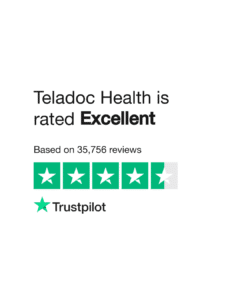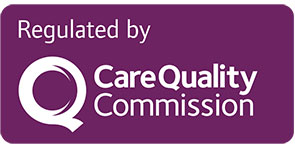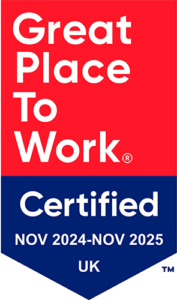The annual Neurodiversity Celebration Week (17th-23rd March) was founded in 2018 by Siena Castellon, a teenager who aimed to challenge the stereotypes and negative perceptions around neurodiversity. A global initiative, Neurodiversity Celebration Week, aims to change the narrative to create a more inclusive world for neurodivergent individuals. Dr Nina Owen, a dyslexic and autistic GP at Teladoc Health, writes about what neurodiversity is, tackles some myths, and offers some tips on supporting neurodivergent people.
So, what is neurodiversity?
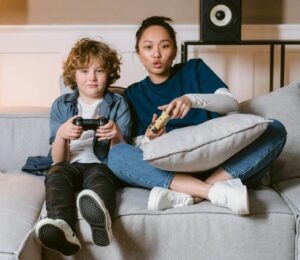 ‘Neurodiversity’ as an umbrella term was first coined in the late 1990s by the sociologist Judy Singer. As a concept, this recognises natural variations in brain function and the resulting neurological differences in sensory & information processing, learning and behaviour from what is considered ‘typical’. Neurodivergent conditions include –
‘Neurodiversity’ as an umbrella term was first coined in the late 1990s by the sociologist Judy Singer. As a concept, this recognises natural variations in brain function and the resulting neurological differences in sensory & information processing, learning and behaviour from what is considered ‘typical’. Neurodivergent conditions include –
- Autism spectrum disorder (ASD)
- Attention Deficit Hyperactivity Disorder (ADHD)
- Dyslexia
- Dyspraxia
- Dyscalculia
- Tourette’s syndrome
It is common to see a degree of overlap between these conditions; for example, approximately 1 in 2 people with ADHD also have dyslexia; additionally, it is thought that those with an ADHD diagnosis are 8x more likely to meet the criteria for ASD diagnosis.
It is estimated that 15-20% of the population is neurodivergent.
What are the common misconceptions about neurodiversity?
Neurodivergent individuals are all the same.
The autism advocate Dr Stephen Shore once said, “If you’ve met one person with autism, you’ve met one person with autism.” This can be applied to neurodiversity as a whole. Given that neurodiversity is a melting pot of different conditions, it follows that one neurodivergent person experiences the world differently from another neurodivergent individual, presenting with their strengths and challenges. It is imperative to avoid generalisations.
Neurodiversity only affects boys and men.
 Not true – neurodivergent women and girls have always been around, but it has only relatively recently become understood that there is a gender gap in the diagnosis of neurodivergent conditions. There are a lot of reasons for this – neurodiversity can present differently in girls and women, which can result in frequent misdiagnosis. In addition, a strategy called ‘masking’ may be employed (consciously or subconsciously) in which the neurodivergent person mimics or copies neurotypical characteristics to fit in with others. While both genders mask, it is considered more common in women and girls.
Not true – neurodivergent women and girls have always been around, but it has only relatively recently become understood that there is a gender gap in the diagnosis of neurodivergent conditions. There are a lot of reasons for this – neurodiversity can present differently in girls and women, which can result in frequent misdiagnosis. In addition, a strategy called ‘masking’ may be employed (consciously or subconsciously) in which the neurodivergent person mimics or copies neurotypical characteristics to fit in with others. While both genders mask, it is considered more common in women and girls.
Neurodivergent people don’t have any communication or social skills.
As mentioned above, many divergent people may mask to fit in, so they often present with good communication skills. Some may employ strategies in preparation for social events, such as making a mental list of topics to discuss to help reduce anxiety. Extra time may be needed to process verbal information, especially in busy and noisy environments. Communication can, therefore, be an exhausting experience.
Neurodivergent (especially autistic) people can’t empathise.
On the contrary – empathy is a spectrum, and many autistic people experience overwhelming hyperempathy!
What can I do to help support neurodivergent friends and colleagues?
“I think everyone is a little bit ADHD/autistic!” “But you don’t look autistic!”
 While comments like this often come from a place of well-meaning, remember that to the neurodivergent recipient, it may feel quite invalidating.
While comments like this often come from a place of well-meaning, remember that to the neurodivergent recipient, it may feel quite invalidating.
- Listen to the neurodiverse individuals – they are the experts in their own experiences and can provide insight into their personal strengths and needs. Don’t assume that what may be helpful for one individual works for someone else.
- Communication considerations: Bear in mind that some neurodivergent people prefer the use of identity-first language (e.g., “I am autistic” rather than “I have autism”). In the workplace, consider colleagues’ needs regarding communication methods and the time and space that may be needed to process the question/request and respond.
- Promote inclusive practices—consider ways in which neurodiverse staff can be supported in the workplace; this could be a quiet or sensory area in a busy office, working with the individual on a plan for reasonable adjustments (Access to Work can also help with training and funding for assistive technology, etc.), and improving awareness of neurodiversity by including a module in onboarding processes.
Read this case study:
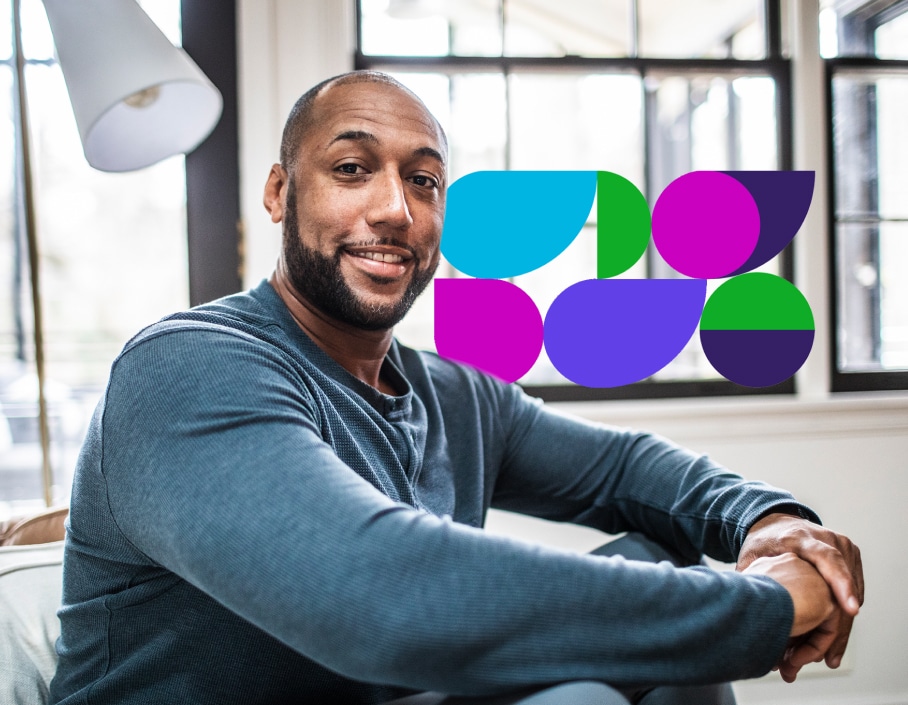
 ‘Neurodiversity’ as an umbrella term was first coined in the late 1990s by the sociologist Judy Singer. As a concept, this recognises natural variations in brain function and the resulting neurological differences in sensory & information processing, learning and behaviour from what is considered ‘typical’. Neurodivergent conditions include –
‘Neurodiversity’ as an umbrella term was first coined in the late 1990s by the sociologist Judy Singer. As a concept, this recognises natural variations in brain function and the resulting neurological differences in sensory & information processing, learning and behaviour from what is considered ‘typical’. Neurodivergent conditions include – Not true – neurodivergent women and girls have always been around, but it has only relatively recently become understood that there is a gender gap in the diagnosis of neurodivergent conditions. There are a lot of reasons for this – neurodiversity can present differently in girls and women, which can result in frequent misdiagnosis. In addition, a strategy called ‘masking’ may be employed (consciously or subconsciously) in which the neurodivergent person mimics or copies neurotypical characteristics to fit in with others. While both genders mask, it is considered more common in women and girls.
Not true – neurodivergent women and girls have always been around, but it has only relatively recently become understood that there is a gender gap in the diagnosis of neurodivergent conditions. There are a lot of reasons for this – neurodiversity can present differently in girls and women, which can result in frequent misdiagnosis. In addition, a strategy called ‘masking’ may be employed (consciously or subconsciously) in which the neurodivergent person mimics or copies neurotypical characteristics to fit in with others. While both genders mask, it is considered more common in women and girls. While comments like this often come from a place of well-meaning, remember that to the neurodivergent recipient, it may feel quite invalidating.
While comments like this often come from a place of well-meaning, remember that to the neurodivergent recipient, it may feel quite invalidating.


